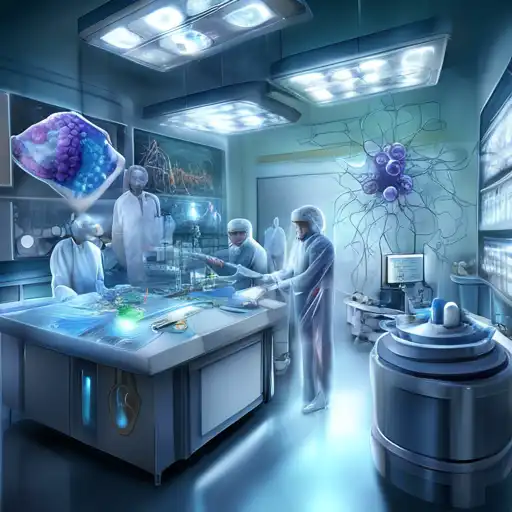Introduction to Nanotechnology in Medicine
Nanotechnology, the science of manipulating matter at the atomic and molecular scale, is set to revolutionize the medical field. With its ability to operate at the same scale as biological molecules, nanotechnology offers unprecedented opportunities for diagnosis, treatment, and prevention of diseases. This article explores the groundbreaking advancements and potential of nanotechnology in medicine.
The Promise of Nanomedicine
Nanomedicine, the application of nanotechnology in healthcare, promises to transform the way we approach disease treatment and prevention. From targeted drug delivery systems that minimize side effects to nanorobots capable of repairing damaged tissues, the possibilities are endless. The precision and efficiency of nanotechnology could lead to more effective treatments with fewer side effects.
Current Applications of Nanotechnology in Medicine
Today, nanotechnology is already making waves in various medical applications. Some of the most notable include:
- Drug Delivery: Nanoparticles are being used to deliver drugs directly to diseased cells, reducing the impact on healthy cells and improving treatment outcomes.
- Diagnostic Tools: Nanotechnology enables the development of highly sensitive diagnostic devices that can detect diseases at their earliest stages.
- Regenerative Medicine: Nanomaterials are being explored for their potential to support tissue regeneration and repair.
Future Prospects of Nanotechnology in Medicine
The future of nanotechnology in medicine is bright, with research focusing on areas such as:
- Cancer Treatment: Scientists are developing nanoscale devices that can target and destroy cancer cells without harming surrounding healthy tissue.
- Personalized Medicine: Nanotechnology could enable treatments tailored to the individual's genetic makeup, improving efficacy and reducing side effects.
- Preventive Healthcare: Nanosensors could monitor health indicators in real-time, allowing for early intervention before diseases develop.
Challenges and Ethical Considerations
Despite its potential, the integration of nanotechnology into medicine faces several challenges, including:
- Safety Concerns: The long-term effects of nanoparticles on the human body and environment are still under investigation.
- Regulatory Hurdles: The rapid advancement of nanotechnology outpaces the development of regulatory frameworks to ensure its safe use.
- Ethical Issues: The potential for nanotechnology to extend human lifespan and enhance physical abilities raises ethical questions about equality and access.
Conclusion
Nanotechnology in medicine represents a frontier of innovation with the potential to drastically improve healthcare outcomes. While challenges remain, the ongoing research and development in this field promise to unlock new possibilities for treating and preventing diseases. As we stand on the brink of this medical revolution, it is clear that nanotechnology will play a pivotal role in shaping the future of medicine.
